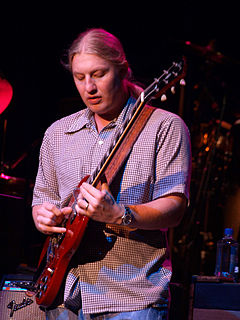A Quote by Pope Francis
Related Quotes
We don't want this globalised economic system which does us so much harm. Men and women have to be at the centre (of an economic system) as God wants, not money. The world has become an idolator of this god called money. To defend this economic culture, a throwaway culture has been installed. We throw away grandparents, and we throw away young people. We have to say no to his throwaway culture. We want a just system that helps everyone.
Me being from a Celtic culture that tends to emphasize directness, conflict, openness has a big effect on my living in Japan, which tends to focus on indirectness, avoidance of conflict and keeping things close to your chest. So that has led to quite a lot of cultural misunderstandings in dealing with this East Asian culture I live in.
When you have a conflict, that means that there are truths that have to be addressed on each side of the conflict. And when you have a conflict, then it's an educational process to try to resolve the conflict. And to resolve that, you have to get people on both sides of the conflict involved so that they can dialogue.
As for the meaning of gardens, particular gardens may have, of course, all sorts of different meanings - emotive, historical, emblematic, religious, commemorative, and so on. But I think that good gardens all signify or exemplify an important truth about the relationship of culture and nature - their inseparability.
The argument culture urges us to approach the world-and the people in it-in an adversarial frame of mind. It rests on the assumption that opposition is the best way to get anything done: Conflict and opposition are as necessary as cooperation and agreement, but the scale is off balance, with conflict and opposition over-weighted.
It's hard to pick. I mean, I think the one that is most emblematic of the collaboration that occurred is "We Know The Way." That's the first song we wrote for the movie [Moana]. We actually got it written that weekend in New Zealand, so we're all in New Zealand, we're all absorbing this culture, and Opetaia [Foa'i] brought it in.


































